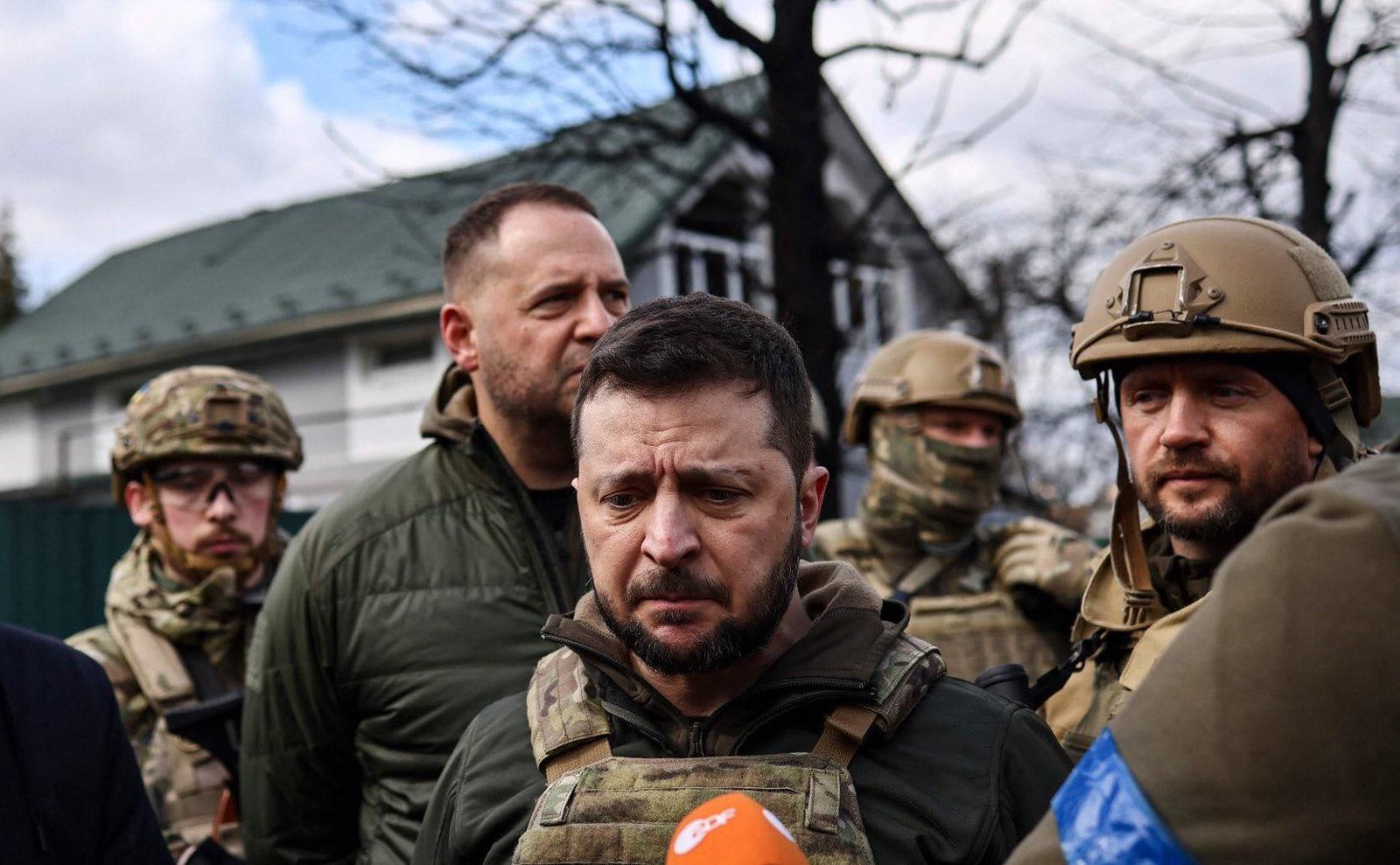In an interview with Newsmax, President Volodymyr Zelenskyy painted a grim picture of the war as it recently passed its 100th day. 60-100 of his soldiers are becoming casualties every day, while a separate interview saw him say that Russian forces control 20% of the country’s east and south.
These figures clash with the narrative the West has been receiving by a whole host of retired or active-duty Western military officials, international security reports, and expert analysts, who for months have been seeing that Russia “can’t win” or has “already lost”.
On February 28th, a mere four days after the war began, major Western media and think tanks started up a can’t win/already lost narrative that continued almost until present day.
Author of the successful book Sapiens: A Brief History of Humankind, Yuval Harari, started it off when he wrote in The Guardian “less than a week into the war, it seems increasingly likely that Vladimir Putin is heading towards a historic defeat,” claiming that his aim in invading Ukraine wasn’t security concerns, but “a dream… of rebuilding the Russian Empire”.
On March 15th, Max Boot, a neo-conservative writer and senior fellow at the comically hawkish Council on Foreign Relations wrote an op-ed in the Washington Post entitled “Putin Can’t Win the War in Ukraine”. In it he analyzed the perceived lack of progress in the country and concluded he would either be defeated or engage in a disastrous long slog that would destroy the Russian Federation’s military, economy, and morale.
Then the Russian encirclement and siege of Kyiv failed to take control of the city, leading to another wave of can’t win/already lost narratives.
National security reporter Robert Burns wrote in AP that the failure to take Kyiv was a “defeat for the ages,” including a quote from Frederick Kagan, a military historian at another imperial think tank, The American Enterprise Institute, that it was “stunning”. Kagan is the brother of the man largely responsible for the coup d’état in Ukraine during 2014 which started the ramp-up in tensions that led to the present war.
On May 8th, BBC published a viewpoint from defense analyst Michael Clarke, a former director of the Royal United Services Institute, a premier London security and foreign policy think tank. In it, Clarke described Putin’s only options as “different kinds of defeat,” and opened the op-ed by describing the conflict as “one that Russia cannot win in any meaningful sense”.
These examples are but four drops in the sea of media narrative on Russia’s insurmountable travails and inevitable collapse of its special military operation in Ukraine.
But why then, with all the finest thinkers and strategists of NATO member states united in their certainty of an inevitable Russian collapse, has the war continued, and more and more, seems to be heading towards a disaster for Kyiv, and an ideal outcome for Moscow?




